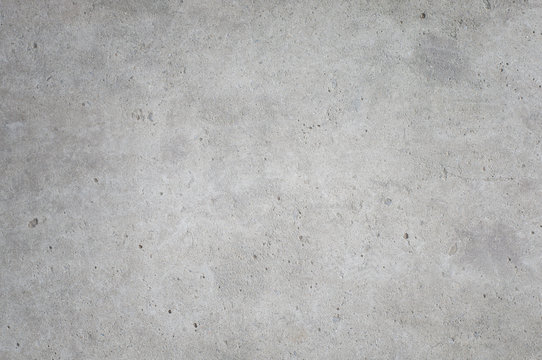Specialist Concrete Installment: Changing Your Area with Strong Foundations
Specialist Concrete Installment: Changing Your Area with Strong Foundations
Blog Article
Unveiling the Eco-Friendly Advantages of Making Use Of Recycled Concrete in Sustainable Building And Construction Practices
In the world of lasting building methods, the use of recycled concrete stands as a pivotal yet often undervalued source. Past its conventional applications, recycled concrete offers a myriad of environmentally friendly benefits that extend much past the confines of traditional building materials.
Ecological Benefits
Undoubtedly, one of the most significant advantages of making use of recycled concrete is its positive effect on the atmosphere. By including recycled concrete into construction practices, there is a substantial reduction in the need for new basic materials, leading to preservation of natural resources. This procedure aids in protecting accumulations, water, and power that would certainly have been made use of in creating brand-new concrete. In addition, making use of recycled concrete diminishes the quantity of waste being sent to land fills, thereby reducing ecological pollution and easing the stress on land fill capabilities.

Moreover, the manufacturing of traditional concrete is a significant resource of carbon exhausts because of the energy-intensive procedure of concrete manufacturing. On the other hand, recycled concrete has a lower carbon impact as it decreases the need for brand-new concrete manufacturing. This decline in carbon discharges contributes to mitigating environment change and supports sustainable construction practices. Overall, the ecological benefits of making use of recycled concrete are significant and play an essential role in advertising environment-friendly construction methods.
Cost-Efficiency
Achieving cost-efficiency is a vital factor to consider when evaluating the application of recycled concrete in construction tasks. One of the essential advantages of using recycled concrete is its cost-effectiveness contrasted to conventional concrete.
In addition, the usage of recycled concrete can bring about savings in landfill prices by drawing away concrete waste from disposal websites. This not just decreases the environmental impact but also removes the costs connected with waste removal. The longevity and performance of recycled concrete are equivalent to standard concrete, making sure that cost financial savings do not jeopardize the quality of the building.
Durability and Strength
Recycled concrete offers equivalent, if not exceptional, resilience and strength buildings to typical concrete - Concrete. With developments in processing strategies and top quality control, recycled concrete can satisfy or go beyond the performance standards of standard concrete.

Waste Reduction
When it comes to using recycled concrete, waste reduction is a crucial benefit that contributes significantly to ecological conservation. By incorporating recycled concrete right into building jobs, this waste is repurposed and drawn away from land fills, lowering the total environmental influence of building and construction activities.
In addition, the usage of recycled concrete can lead to cost savings for building and construction tasks, as it is frequently extra economical than sourcing and moving brand-new materials - Concrete. In final thought, waste you could check here decrease through the application of recycled concrete is a vital part of sustainable building practices that profits both the setting and the building sector as a whole.
Power Preservation
Power preservation is an important aspect of sustainable construction practices, intending to decrease the overall power intake linked with building operations and products manufacturing. Substantial energy cost savings are accomplished contrasted to standard concrete production when it comes to utilizing recycled concrete in construction. The procedure of generating recycled concrete involves recycling and squashing existing concrete products, which takes in less energy than mining, processing, and moving basic materials for new concrete production. In addition, making use of recycled concrete can aid reduce the need for virgin aggregate, further minimizing the energy-intensive extraction and processing of natural resources.
Verdict
To conclude, the use of recycled concrete in sustainable building and construction practices uses numerous environmental advantages, cost-efficiency, toughness, strength, waste decrease, and power preservation. By incorporating recycled concrete right into construction projects, we can contribute to a more sustainable and ecologically friendly future. It is important for the building sector to link prioritize the use of recycled products to help in reducing the ecological impact of building and construction tasks.
One of the essential benefits of using recycled concrete is its cost-effectiveness contrasted to standard concrete.Moreover, the usage of recycled concrete can lead to savings in landfill costs by drawing away concrete waste from disposal websites. The Homepage sturdiness and efficiency of recycled concrete are equivalent to traditional concrete, making sure that price savings do not compromise the quality of the construction.

Report this page